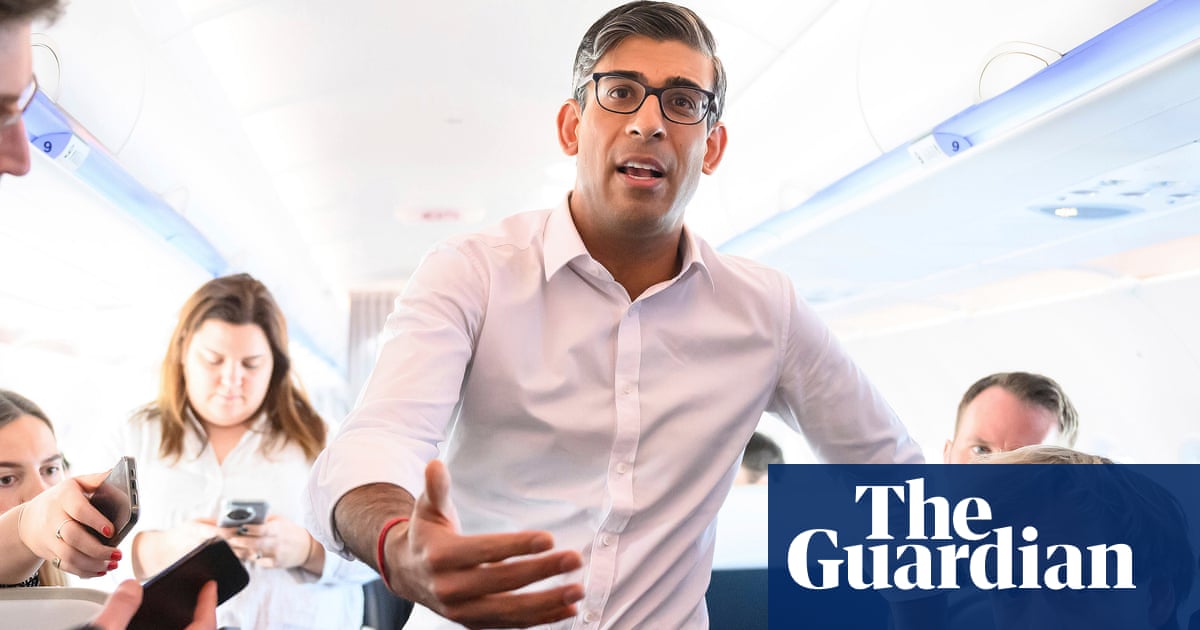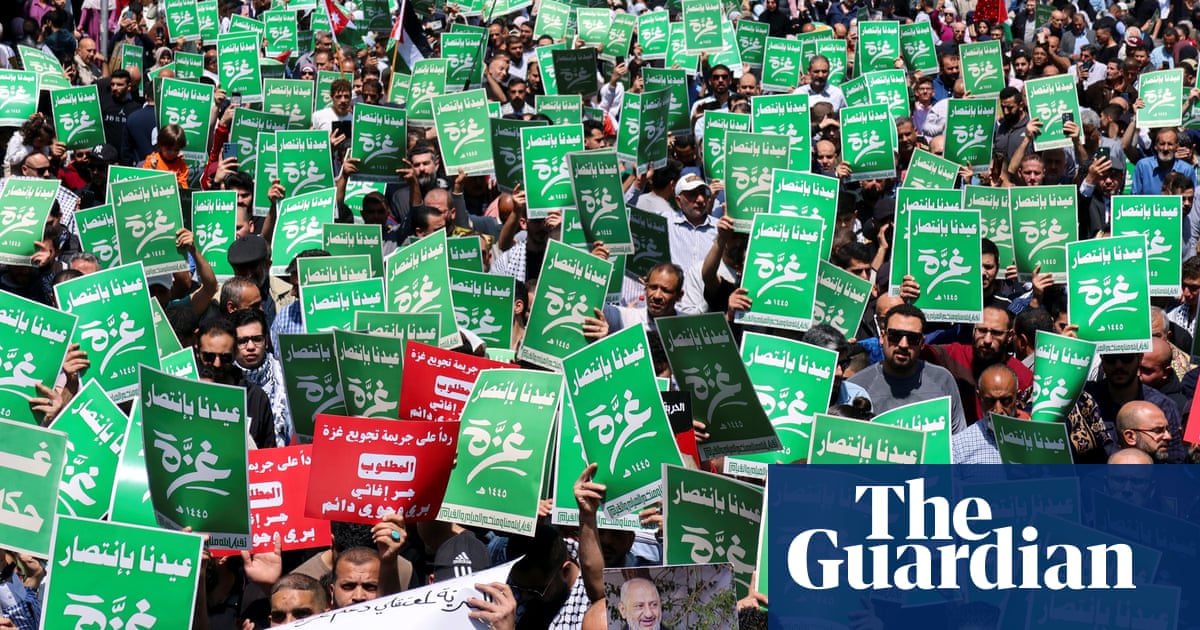
Turkish President Recep Tayyip Erdogan last week paid an official visit to Ukraine that may have implications for Turkey-Russia relations.
The visit took place within the framework of a Turkey-Ukraine High Level Strategic Council meeting. Six agreements were signed during the meeting. They included a memorandum of understanding on the establishment of a free trade area, a financial agreement in the field of military cooperation, and other agreements in various technical and administrative fields.
On the issue of the Russia-Ukraine conflict, Turkey has so far remained as neutral as possible. Despite its close relations with Russia, it sided with the international community and refused to recognize Russia’s annexation of Crimea.
In March last year, Russian President Vladimir Putin invited Erdogan to the opening of a new mosque built in Simferopol, Crimea, with Turkey’s contribution, but the Turkish president did not agree to attend. The opening was initially scheduled for April 21 last year, but was postponed to April 21 this year — probably to give Erdogan time for reflection.
Turkey is opposed to Crimea’s annexation, firstly because it believes that it was an unfair move, but there may also be an intention to capitalize on the votes of Turkey’s strong Tatar diaspora. Crimean Tatars have a deep-rooted resentment against Russia. Their history is laden with hardship, which they have been subjected to ever since their land was first annexed by Russia in 1783. At that time, the Crimean Peninsula was mainly inhabited by Tatars. In the 150 years that followed the initial annexation, czarist Russia encouraged the settlement of Russians on the peninsula to change the ethnic composition to the Tatars’ detriment.
In 1944, Russian ruler Joseph Stalin exiled 423,100 Crimean Tatars to Central Asia, mainly Uzbekistan, in cattle trains. As a pretext, he used the existence of a Crimean Tatar Legion in the Nazi army, but a great number of the Crimean Tatars were serving in the Red Army when they learned they were going to be exiled. Those who tried to escape the deportation were shot dead on sight, while those who tried to escape by boat were drowned as the Russians scuttled their barges. Within months, half of the deported population had died of cold, hunger, exhaustion and disease.
In 1967, a Soviet decree removed the charges against Crimean Tatars, but did not reinstate their property rights or compensate them. Before Russian leader Mikhail Gorbachev declared Perestroika, the Tatar population in Crimea was reduced to 1.5 percent. After the dismemberment of the Soviet Union, many Tatars returned home, but saw that their houses and land had been occupied by Ukrainians. Therefore, they settled as squatters, occupying land that was not legally registered.
This is the main reason for the Tatars’ resentment against Russia, but using this resentment in a manner that might provoke a reaction from Moscow is a sensitive subject in a period when Turkey-Russia relations are exposed to all sorts of hazards.
Ukraine needs friendly neighbors in the region, while Turkey is isolated in the international arena. Therefore there is complementarity between them. But they both need foreign investment and neither of them is, at present, in a position to attract it.
Before Crimea’s second annexation by Russia in 2014, the Turkish government was negotiating with the Ukrainian authorities to restore the Crimean Tatars’ rights. But there was no tangible progress because, for almost two generations, the houses that once belonged to Tatars were inhabited by Ukrainians and it was not easy to kick them out.
Now that Crimea is controlled by Russia, it will do everything possible to keep it, especially to consolidate its naval infrastructure on the coast of the Black Sea. Therefore, Turkey’s refusal to recognize the annexation will do little to restore the Tatars’ usurped rights.
Turkey has to restart negotiations with the Russian authorities. While Ukraine recognized Tatars as the indigenous people of Crimea, Russia considers them only as an ethnic minority. Therefore, any recognition of their rights will probably be commensurate with this status.
As long as Russia-Ukraine relations remain where they are at present, Ankara’s relations with Kiev will affect Turkey-Russia ties one way or another. Using the Tatar issue for electioneering purposes in Turkey is a delicate option. If Turkey does something to boost the Crimean Tatars’ cause, it would be more realistic to discuss this question with Russia.
Moscow is investing heavily in Crimea to demonstrate that it is boosting the living conditions there. Transport infrastructure is being improved, while the peninsula’s most important cultural heritage — the Tatar Khan’s Palace in Bakhchysarai — is being renovated to gain the heart of the local Tatars.
This issue is very important but also a sensitive one. It has to be handled with the utmost care if Turkey is to enter the vineyard to eat grapes and not to beat the gardener.
Yasar Yakis is a former foreign minister of Turkey and a founding member of the ruling AK Party. Twitter: @yakis_yasar
Disclaimer: Views expressed by writers in this section are their own and do not necessarily reflect Arab News" point-of-view












